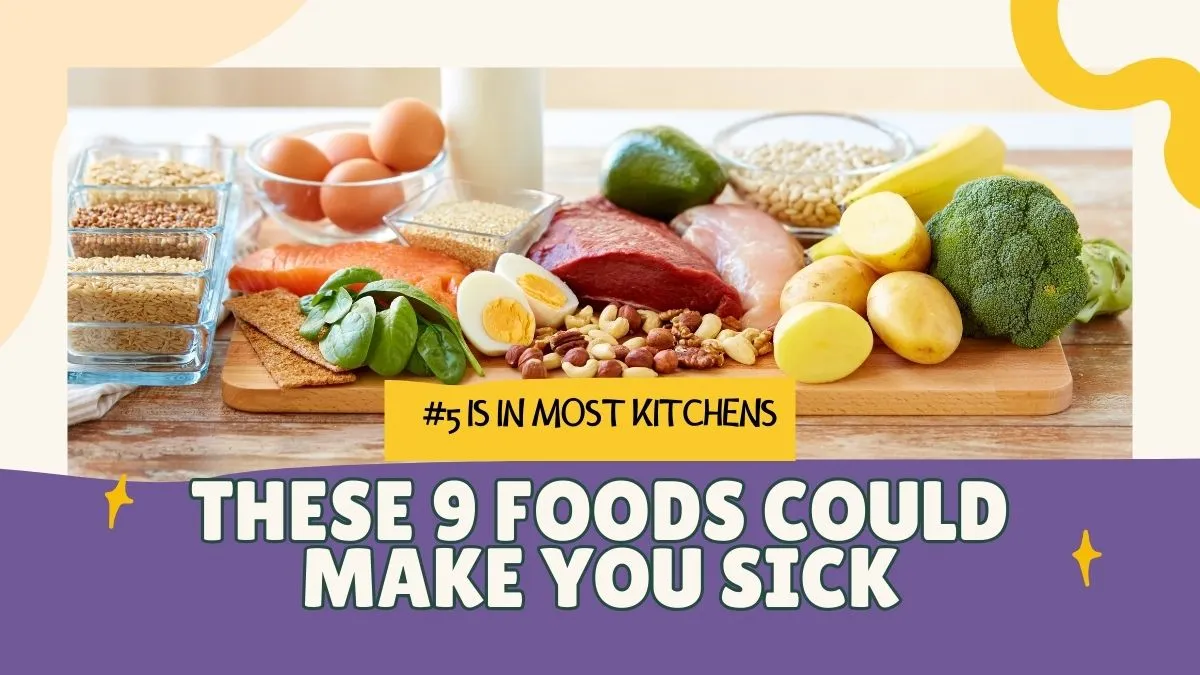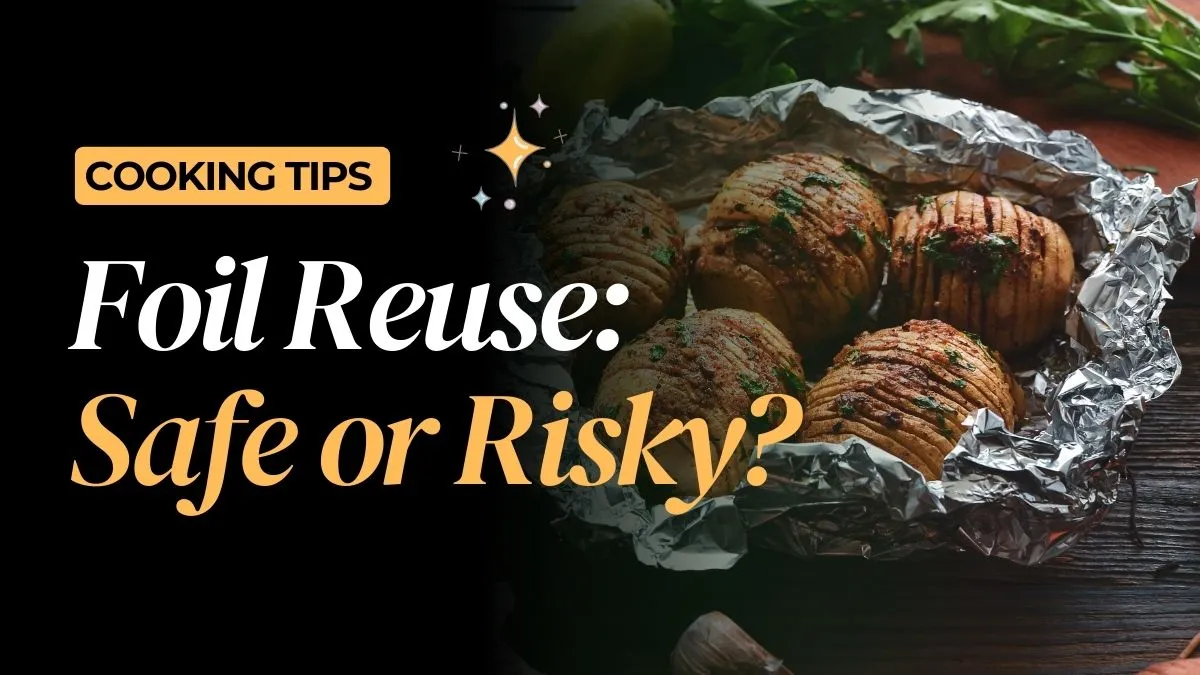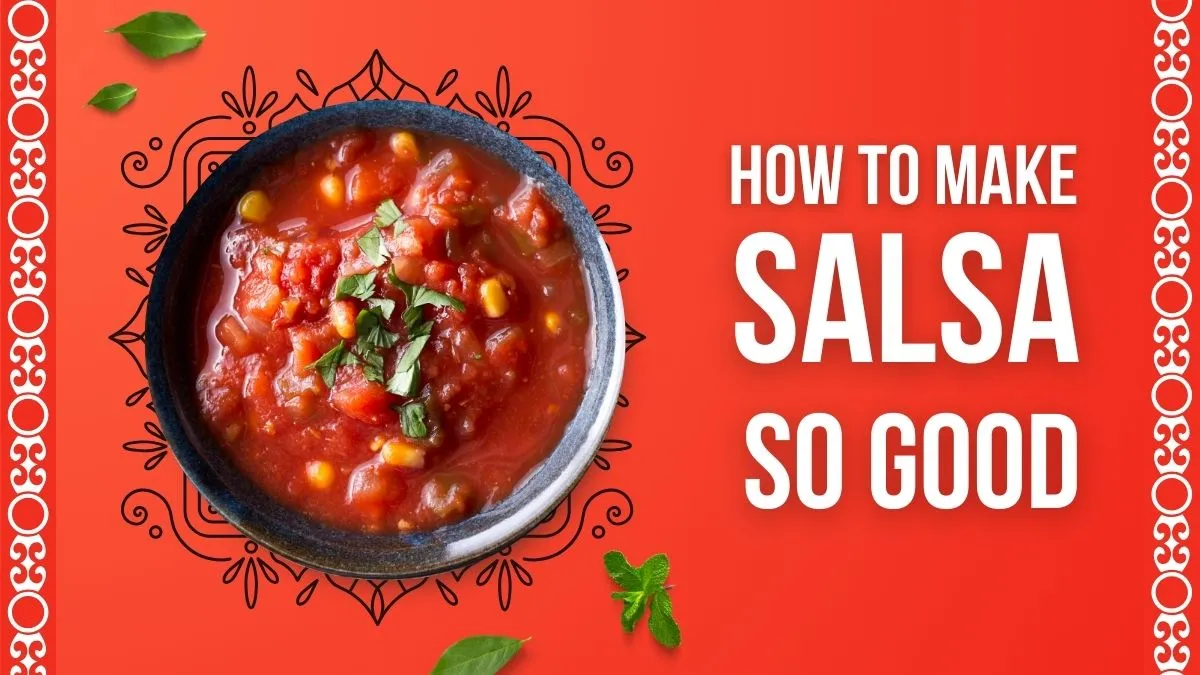These 9 Riskiest Foods to Eat Right Now Are Hiding in Your Kitchen—Is #5 on Your Plate?

Have you ever taken a bite of something and later wondered, Was that safe? We all want to believe our meals are harmless, even nourishing. But what if some of the most common items in your fridge or pantry are quietly climbing the charts as the riskiest foods to eat right now, according to the latest food safety data?
It’s not about fear-mongering—it’s about awareness. Because the truth is, modern food systems move fast, and sometimes safety lags behind convenience. These aren’t exotic or bizarre choices; they’re everyday foods, often labeled “natural” or “healthy,” that carry real risks if not handled—or avoided—altogether.
Let’s take a closer look at the nine foods raising red flags in labs, hospitals, and health departments across the country.
1. Raw Sprouts: Tiny but Troubling
You might think of alfalfa or bean sprouts as a crunchy, fresh addition to your salad. But these little sprouts are among the riskiest foods to eat right now because they grow in warm, moist conditions—perfect for bacteria like Salmonella and E. coli. Even a small batch from a trusted source can be contaminated at the seed level. If you’re pregnant, elderly, or immune-compromised, this innocent garnish might not be worth the gamble.
2. Imported Farmed Shrimp
That budget-friendly shrimp you toss into stir-fries? It may come with hidden costs. Much of the imported farmed shrimp—especially from parts of Asia and Central America—has tested positive for banned antibiotics, pesticides, and even fecal matter. Regulatory oversight is spotty, and by the time it hits your plate, there’s no going back. Knowing where your shrimp comes from isn’t just about taste—it’s about trust.
3. Undercooked or Runny Eggs
We love a soft-boiled egg or a silky hollandaise, but raw or undercooked eggs are a leading cause of Salmonella outbreaks. Even organic or pasture-raised eggs aren’t immune. The risk spikes when eggs aren’t stored properly or used in homemade mayonnaise, tiramisu, or Caesar dressing. If you’re serving kids, elderly relatives, or anyone with a weakened immune system, this habit might need to crack.
4. Unpasteurized Soft Cheeses
Brie, feta, queso fresco—delicious, yes, but potentially dangerous if made from unpasteurized milk. These soft cheeses can harbor Listeria, a bacteria that’s especially threatening during pregnancy and can lead to miscarriage or severe illness in newborns. The FDA has flagged several imported varieties in recent recalls. If the label doesn’t clearly say “pasteurized,” that gourmet bite might carry a risk you didn’t order.
5. Imported Dark Chocolate
Yes, chocolate made the list. Some imported dark chocolate brands—particularly from regions with less stringent food safety protocols—have been found to contain high levels of cadmium and lead. These heavy metals accumulate in the body over time, affecting kidney function and brain health. The darker the chocolate, the higher the risk, since cocoa beans absorb contaminants from soil. That “healthy” antioxidant boost might come with a toxic side effect.
6. Pre-Washed Bagged Greens
Convenience has a cost. Pre-washed greens are linked to repeated outbreaks of E. coli and Norovirus. The washing process isn’t sterilization, and contamination can occur at any point—from farm to factory. Once the bag is sealed, there’s no do-over. Rinsing at home helps a little, but it won’t eliminate pathogens embedded in the leaves. If you’re relying on these bags for daily salads, you might be rolling the dice more than you realize.
7. Melons (Especially Pre-Cut)
A juicy slice of watermelon or cantaloupe feels like summer in a bite. But melons are grown on the ground, their rinds exposed to soil, manure, and wildlife. When you cut through the rind, bacteria like Salmonella and Listeria can be dragged into the flesh. Pre-cut melons, often stored in warm display cases, multiply those risks. That refreshing snack could become a 48-hour nightmare.
8. Chicken Salad from Deli Counters
It smells amazing. It’s ready to eat. But deli chicken salad is a top suspect in foodborne illness reports. Why? Because it’s a ready-to-eat food that sits out, often for hours, allowing Listeria to grow—even in refrigerated cases. Add mayonnaise, diced celery, and leftover chicken, and you’ve got a breeding ground. If it’s not freshly made and kept cold, that lunchtime favorite could land you in bed—or worse.
9. Honey from Unknown Sources
Raw, local honey is praised for its health benefits, but honey from unregulated sources—especially online or at farmers’ markets—has been linked to botulism in infants and even adults with compromised immunity. Some imported honeys also contain antibiotics or added syrups. True, most adults can handle small amounts of natural toxins, but when you don’t know where it came from, that golden drizzle becomes a gamble.
Read Also: These 10 Vegetables Are Secretly Boosting Immunity — And You’re Probably Not Eating Enough
Final Thoughts
We eat to live, to celebrate, to comfort. But what if some of our most trusted foods are quietly undermining that peace of mind? The riskiest foods to eat right now aren’t always the ones we suspect—they’re the ones we trust without question.
So next time you reach for that pre-cut fruit or imported chocolate bar, pause. Ask yourself: Do I really know where this came from?
Because when it comes to your health, awareness isn’t paranoia—it’s protection.





